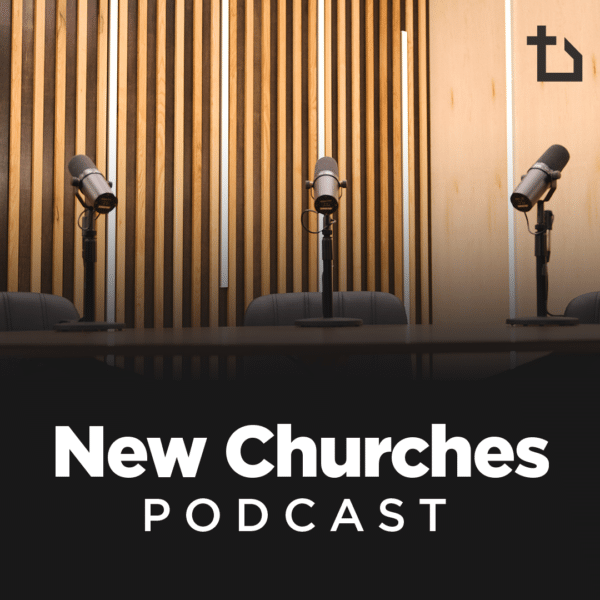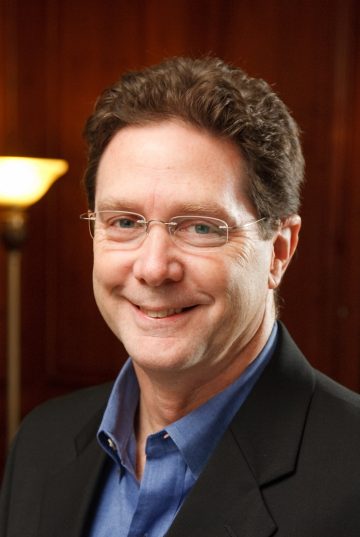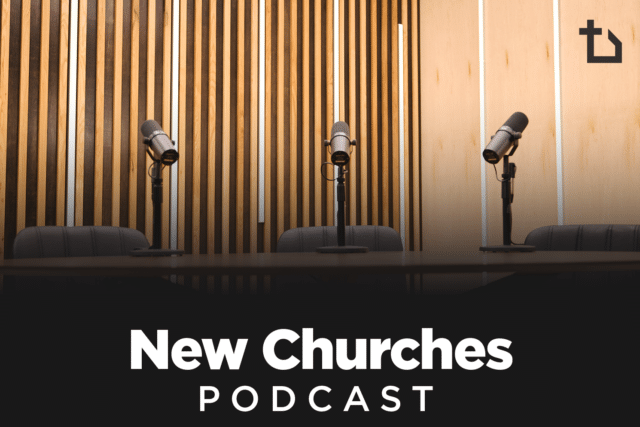New Churches Podcast | Season 1 | Episode 647
Ministry Betrayal

Episode 647: At some point in church ministry, practically all pastors will experience betrayal or hurt from those near them. Host Trevin Wax talks with Ed Welch, a Christian counselor with more than 30 years of experience, about preparing for that and still putting your whole heart into ministry.
In This Episode, You’ll Discover:
- How to deal with the experience of betrayal that anyone in pastoral ministry will have at some point
- Ways to prepare for the possibility of betrayal and still put your whole heart into ministry
- How a church plant’s growing pains can result in relational distance with members of the core team
- The importance of setting expectations and boundaries to protect a pastor’s family from unfair expectations
- How pastors can guard the hearts of their kids so they don’t develop a cynical or jaundiced view of the church
- Ways to apply the truth of the gospel to families struggling through relational strain
Sharable Quotes (#NewChurches):
Spurgeon said “an unkind word from a stranger may have a very slight effect upon us. But if such a word should come from the lips of one we love, it would cut us to the quick.” @TrevinWax
Betrayal and that sense of hurt in relationships is something common to humanity, certainly expected in pastoral ministry, and yet it takes on a unique shape in church planting. @TrevinWax
Recognize that you will go through this experience and, when you go through it, there will be people in your church, even dear friends, who will struggle to understand what it’s like. @Ed Welch
I’ve heard leaders say, “Keep an emotional distance from the people you’re leading. Don’t have good friends in the church, just because of the depth of betrayal, the level of hurt can be so high.” @TrevinWax
You could say the same things about marriage: When are you going to choose to be self-protected and isolated? @Ed Welch
In Second Corinthians, Paul is in the middle of pastoral betrayal. He says “I’ve spoken to you freely” and then he invites them to open their hearts to him in return. That is an expression of love and not self-protection, so it it hurts more. @Ed Welch
There are different kinds of hurt and some kinds are an imitation of Christ in loving other people. There is a way we find grace in the midst of it. @Ed Welch
Would Paul say, “Open up your heart, even if you know it’s going to be broken”? @TrevinWax
The question is what that means for each pastor to open his heart to others. @Ed Welch
At a minimum, it means you are asking for prayer from other people. That’s what you do with your friends. It’s also a check on your own heart. It means you are not going to close your heart, but you are needy before the Lord and before other people. @Ed Welch
There are times when people who were part of the core will feel a bit of a relational distance from the church planter and his family, just by nature of the growing pains of that church. @TrevinWax
The sense of betrayal that people on the planting team sometimes might feel can backfire on the pastor. @TrevinWax
One thing you can do is to share your heart with your people in general and your care team in particular. A second is seeing your core team in the Ephesians 4 sense, where they are doing the work of ministry and you are supporting them. @Ed Welch
A lot of times, the feelings of distance or betrayal come in the form of criticism of ministry decisions. What’s really painful is that sometimes it’s directed at the planter’s family. @TrevinWax
As a church planter. I’m called to the church. My wife and children are very vulnerable. So ask your people to pray for them. If I’m asking people to pray for my family, they’re going to be less critical of them. @Ed Welch
It is hard to hate or despise people you’re praying for regularly. That’s simply the case, one of the ways prayer works on our hearts. @TrevinWax
A lot of pastors worry that the the stress of church planting, unfair expectations and the sense of ministry betrayal may bleed over into their kids and give their their kids a jaundiced view of the church. @TrevinWax
The most natural way into the gospel of grace is through confessing sin. I want to be a father who is quick to confess and and ask forgiveness. I want confessing sin to be a natural part of our week. That posture is going to protect our children as much as anything else. @Ed Welch
Creating a culture of confession has kids looking into their own hearts, seeing how they might have hurt others and hurt God, rather than just waiting on the experience of hurt that might come their way. @TrevinWax
Children who have really tasted and seen the goodness of the Lord have known the God who forgives their own sins and and they’re learning to be more charitable with other sinners, who are just like themselves. @Ed Welch
It’s incredibly painful to experience betrayal. We’re not going to find anything in Scripture that takes it away quickly. So we try to speak it to the Lord consistently and listen to Him. @Ed Welch
Our confidence must be more and more on the finished work of Jesus and His presence with us. That obviously isn’t going to change the feeling of broken relationships quickly, but it sets us on the path that is good, right and ultimately healthy. @Ed Welch
Helpful Resources:
- Free course: Developing a Core Team
- Books by Ed Welch
- Interested in learning more? Check out our Church Planting Primer
- Are you ready to enroll in our Church Planting Masterclass?
Please subscribe to the podcast and leave a rating and review on iTunes.
Published on March 08, 2022




